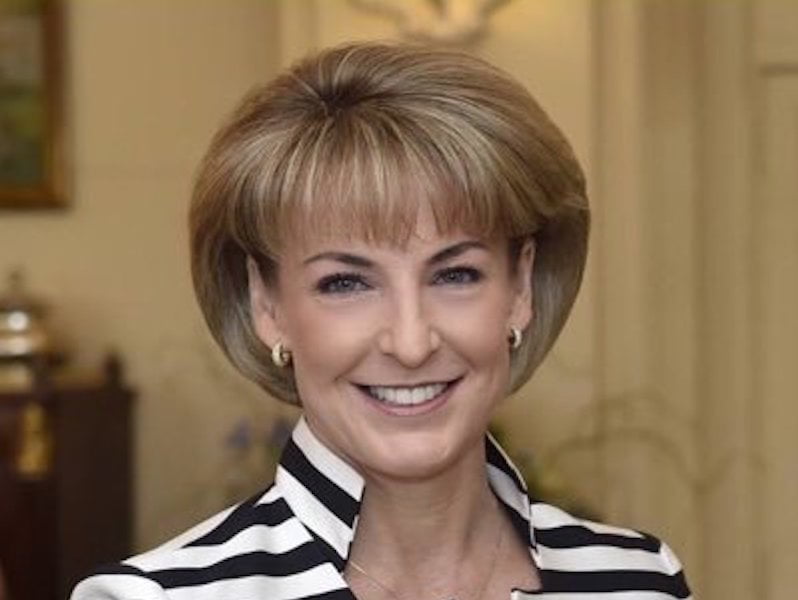While the states are gearing up for the competition to host the newly-established space agency, support for the emerging space sector has provided a rare moment of bi-partisan policy love for the agency’s objectives.
Speaking at the Australian Strategic Policy Institute’s space conference in Canberra on Thursday, Innovation Minister Michaelia Cash and shadow defence minister Richard Marles both spoke of the important role the agency would play in changing the country’s relationship with science and inspire the next generation of scientists.

Both highlighting the need for Australia to better engage with the international community on the space sector and to embrace the opportunities that improved engagement would deliver.
“In order for Australian businesses to engage fully with the global space economy, Australia needs to partner with other overseas space agencies through targeted investment in international space programs,” Senator Cash told the conference.
“This will open the door to our businesses to participate in the world’s largest space mission and projects. And of course, it will produce flow-on benefits that will be felt right across the Australian economy.”
“It will create high-wage, long-term jobs across the nation – including in rural and regional areas, and especially in STEM disciplines.
The agency would build on Australia’s capabilities, and optimise the nation’s research and development opportunities, Senator Cash said, while identifying growth areas in the civil space sector.
“Our future investments will need to be well targeted to get our capabilities in these areas to world standard so that we are globally competitive,” she said.
Meanwhile, Mr Marles said while the agency would serve many crucial functions, but most importantly it should seek to inspire and encourage participation in STEM.
“An Australian space agency has a critical role to play here because nothing inspires like space – it is the ultimate frontier of human endeavour,” Mr Marles told the ASPI conference.
“Amidst all that an Australian space agency looks at and does, central to it must be working out ways in which greater Australian engagement in space can act as an inspiration for Australia to begin to change our cultural relationship to science.
Australia needs to improve its relationship to science, Mr Marles said, and the space agency will play an important role in that.
“We have to change our culture, or we are going to be left behind. This is as pressing an issue as there is in Australia today,” he said.
“Our engagement in space offers a huge opportunity to turn a corner in terms of our cultural relationship to science, and it’s an opportunity that we must seize. It has to be seen as being at the core of what the Australian space agency is about,” he said.
“Infusing our economy with science and technology is not just important, it is I think the most important piece of micro-economic reform that we have to engage in as a nation. We need to be climbing the technology ladder far more than we are now.
“And if we don’t, we’re going to find that our near neighbours climb it at a rate that we are overtaken. This is absolutely critical. It’s not just critical in terms of the way we pursue science, it’s completely critical in terms of the future of our economy.”
Mr Marles largely spoke in lock-step with Innovation Minister Michaelia Cash, who addressed the conference directly before him. With both major federal parties supporting the creation of the space agency, which will officially begin operations next month, government policy on space has reached a “threshold moment”, he said.
The shadow minister did attempt to differentiate Labor’s offering with its emphasis on research and science.
“It requires a government to open the door, and it does require a focus on research and that’s why the Labor policy in relation to space is so heavily focused on making sure we resource research in this area, through the establishment of our four industrial research hubs,” Mr Marles said.
A key role for the new space agency should be to act as Australia’s voice in global debates surrounding space, he said.
“A key part of the Australian space agency must be as the lead for the Australian industry to engage in the global opportunity. It requires a government to open the door,” Mr Marles said.
“We need to create a national Australian space voice that can articulate a position for us in respect of the global commons of space, where there are now very significant issues emerging,” Mr Marles said.
Do you know more? Contact James Riley via Email.

